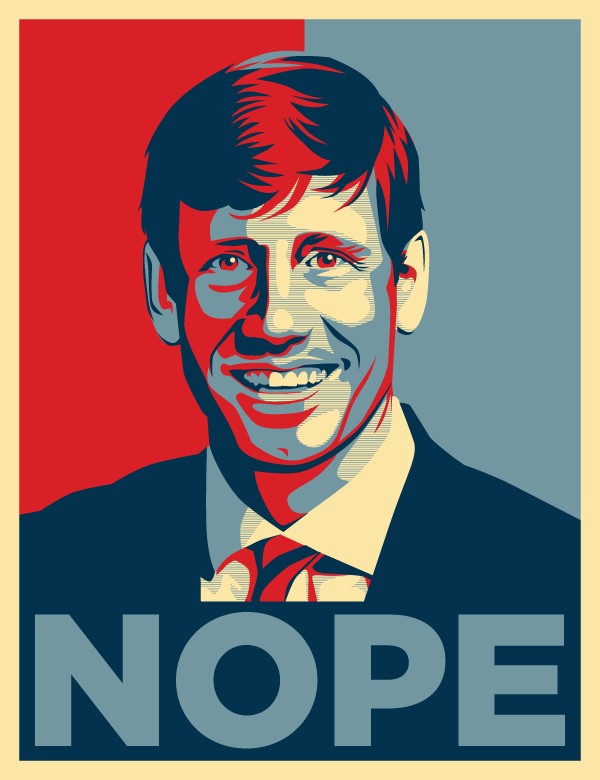Sometimes truth is revealed inadvertently, through the medium of a remark intended to point in the very opposite direction. Such was the case last week during a speech by state Senator Brian Kelsey, who takes pride in having
authored the third of four far-reaching constitutional amendments on the November 4th ballot in Tennessee.
 Lauren Rae Holterman
Lauren Rae Holterman
Addressing a meeting of the East Shelby Republican Club, Kelsey spent considerable time making the case for Amendment 3. That’s the one that, in explicit language, would outright ban an income tax in Tennessee forevermore. The amendment was considered necessary by Kelsey and other foes of the income tax who have always maintained that an income tax is unconstitutional in Tennessee, but, recognizing that there is debate on the point, consider Amendment 3 necessary to eliminate all doubt.
For those younger millenials who have no memory of the great income-tax controversy of just over a decade ago, Tennessee state government was convulsed over the subject during the second term of then-Governor Don Sundquist, which lasted from 1999 to 2003. Sundquist looked at the twin facts of budgetary scarcity and a regressive tax system (two noxious symptoms that, having never been cured, are still very much with us) and attempted to solve both problems through the implementation of a state income tax.
Sundquist’s reasoning was that an exclusive reliance on a state sales tax for revenue put the state in a box — in that the ebb and flow of commerce make it an unreliable basis for financing Tennessee government, given the fixed nature of so many state services. Moreover (and Sundquist was unusually eloquent on the subject, especially for a Republican), the sales tax, as regressive in its very nature, places a disproportionate share of the tax burden on low-income Tennesseans and working people.
After several years of the most intense public controversy, Sundquist became ostracized by his fellow Republicans, the state capitol building came under literal attack in the anti-tax riot of July 2001, and the whole idea of an income tax was scuttled. Later, to meet the rock-bottom needs of state government, a cowed General Assembly raised the state sales tax to the threshold of 10 percent, among the very highest in the nation.
In his speech to the East Shelby club last week, Senator Kelsey actually cited the state’s reliance on the sales tax as a boon to the state economy, and he dismissed the income tax by paraphrasing an idea briefly fashionable during the Reagan administration: Whatever you tax, you end up with less of it, and you don’t want to end up with less income, do you?
But hold on. By the same logic, the sales tax should produce fewer sales and a depressed state economy, shouldn’t it? Indeed, one of the actual consequences of the sales tax is that residents of the state’s border areas are seriously motivated to cross the state line and make their purchases in neighboring states — Mississippi’s DeSoto County, in the case of Shelby County.
This actually happens every day, and it depresses our state’s economy at the same time that it enhances the neighboring state’s.
Do the math on that, Senator Kelsey, and report back to us.